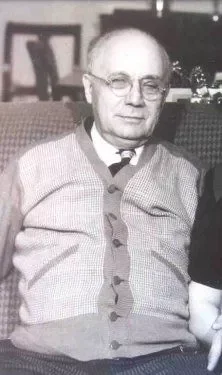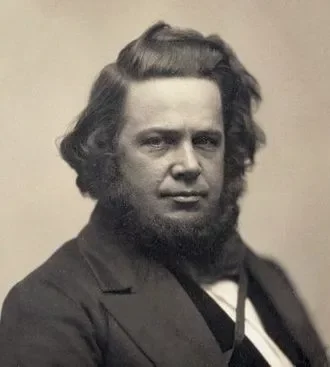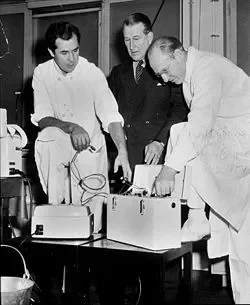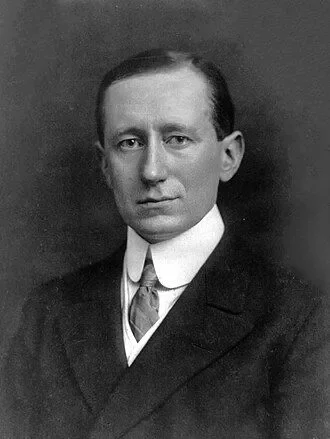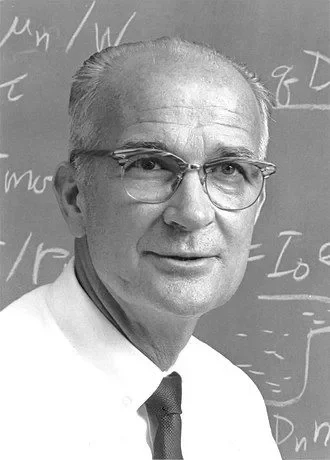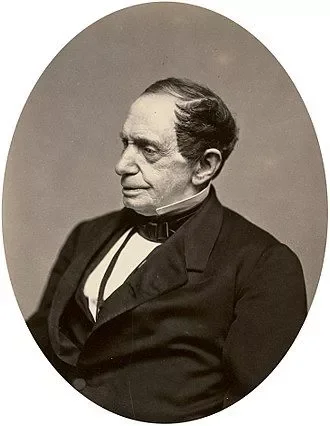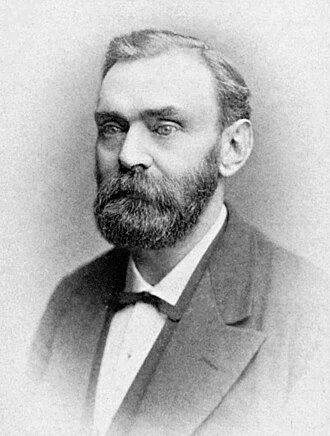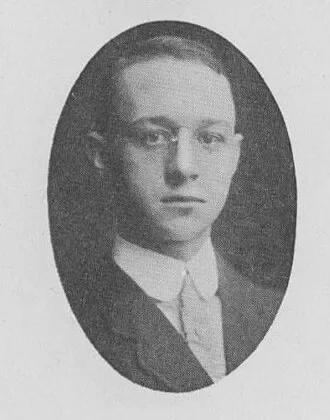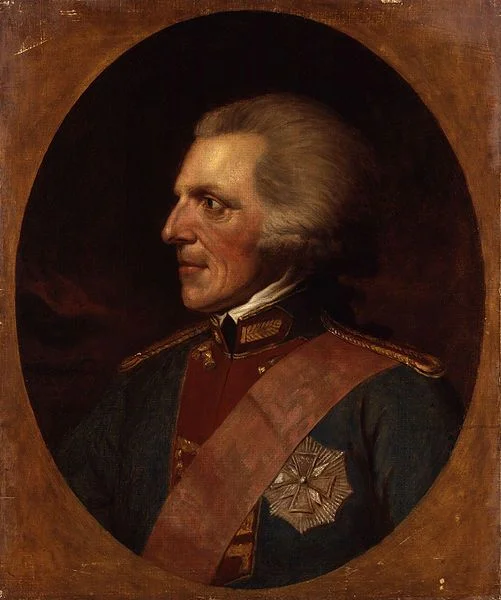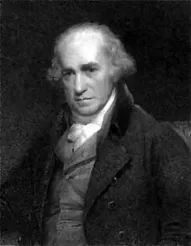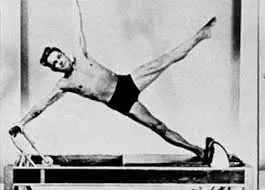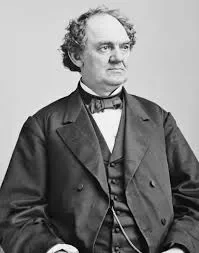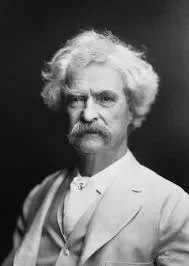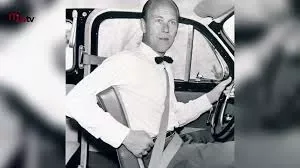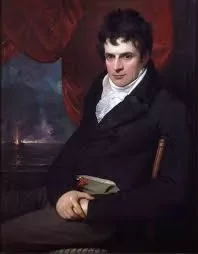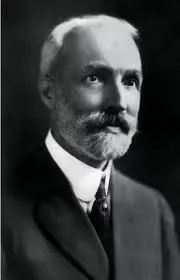Real Celebrities Never Die!
OR
Search For Past Celebrities Whose Birthday You Share
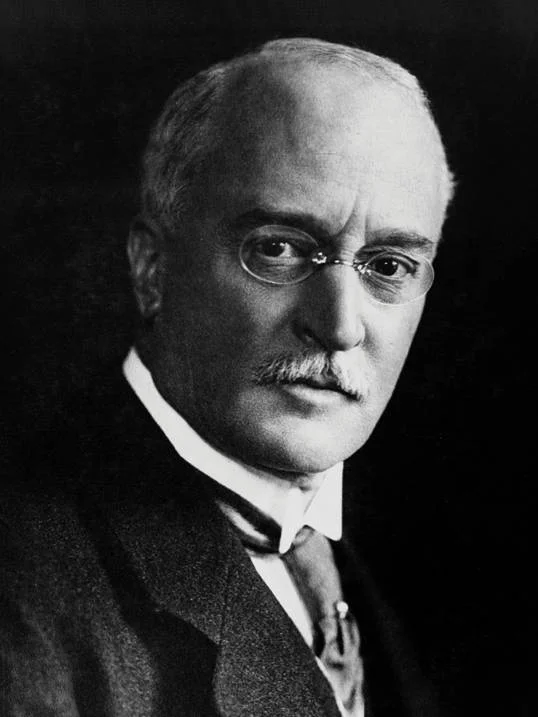
source: wikipedia.org
Rudolf Diesel
Birthday:
18 Mar, 1858
Date of Death:
29 Sep, 1913
Cause of death:
Mysterious Circumstances
Nationality:
French, German
Famous As:
Engineer
Age at the time of death:
55
Rudolf Diesel's Quote's
Rudolf Diesel: The Pioneer of the Diesel Engine
Rudolf Diesel was a German inventor and mechanical engineer who is best known for inventing the diesel engine, a type of internal combustion engine that runs on compressed air and fuel.
Early Life and Education
He was born in Paris in 1858 to Bavarian immigrants and moved to London with his family during the Franco-Prussian War. He studied engineering in Germany and developed an interest in thermodynamics and the efficiency of engines.
Mentorship Under Carl Von Linde
During this time, Diesel came under the tutelage of Carl Von Linde, a renowned refrigeration engineer. Linde took Diesel under his wing and mentored him.
Development of the Diesel Engine
Diesel joined Linde’s firm in 1880 and spent much of his spare time developing an efficient internal combustion engine capable of using any kind of fuel and achieving a high compression ratio.
After patenting his design in 1892, he built the first prototype in 1893. By 1897, he successfully demonstrated a 25-horsepower, four-stroke, single vertical cylinder compression engine. His engine was soon adopted for various applications such as marine, railway, and industrial use.
Visionary Ideas and Advocacy for Renewable Energy
Rudolf Diesel was a visionary who sought to reduce poverty and improve living conditions. He believed his invention could achieve these goals. He also advocated for the use of renewable energy and biofuels, such as vegetable oils, as alternatives to fossil fuels.
Struggles and Mysterious Death
Diesel constantly battled financial problems and legal disputes over his patents. Several competitors tried to improve or copy his engine. In 1913, Diesel disappeared mysteriously while traveling by ship from Antwerp to London. His body was found floating in the North Sea several days later. Although the cause of death remains unknown, theories suggest he either committed suicide, was killed, or fell overboard accidentally.
Name:
Rudolf Diesel
Popular Name:
Rudolf Diesel
Gender:
Male
Cause of Death:
Mysterious Circumstances
Spouse:
Place of Birth:
Paris, France
Place of Death:
English Channel
Occupation / Profession:
Personality Type
Architect: Rudolf Diesel was a rational and independent person who took great pride in the power of his mind. He was always open to new evidence-based ideas.
He invented the diesel engine.
He worked at Sulzer Brothers Machine Works.
His diesel engine underwent many developments after his death.
His disappearance and death remain unsolved.
He invented the Diesel engine.
He received the Elliott Cresson Medal in 1901
He was inducted into the Automotive Hall of Fame

